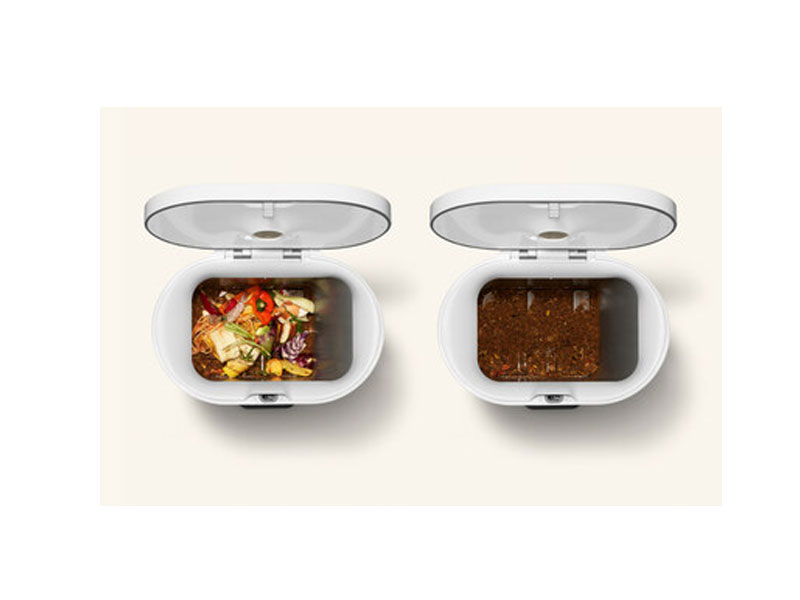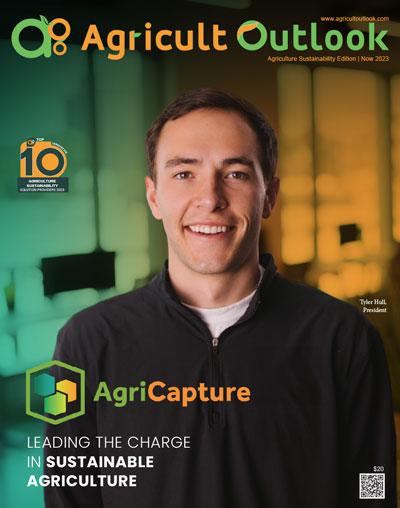Mill Industries, an award-winning food-recycling system, has officially received an approval from the Washington State Department of Agriculture (WSDA) to distribute their recycled chicken feed ingredient in Washington State. Understood to be the very first time a chicken feed ingredient made from recovered household food scraps has been approved for commercial distribution in the United States. Mill’s recycled chicken is geared towards making it easy for people at home to incorporate uneaten food scraps back into the food system. But what does that mean on a more actionable note? Basically, by dehydrating food scraps each night to less than 12% moisture content, Mill’s kitchen bin turns uneaten kitchen scraps like banana peels and carrot tops into clean, dry grounds that are shelf-stable, and at the same time, loaded with nutrients. This makes the stated scraps an ideal ingredient for a chicken’s diet or as a feedstock for compost. Hence, once the Mill bin is full, customers can send grounds back to Mill to have them turned into a chicken feed ingredient, use them at home or in their garden as part of a compost process, or participate in one of Mill’s local food recycling loops, like with community farm R.City in Phoenix. To understand the significance of such a mechanism, we must try and understand how Americans currently throw out over 44 million pounds of food annually while literally 30% of the world’s arable land is used to grow food for livestock. Despite it being such a grave conundrum, though, no system, so far, has been able to use uneaten household food as a resource to help address the challenge of feeding a growing population. Making the whole thing all the more important is, of course, the farmers’ community newfound interest in using sustainable methods to feed animals and soil, reduce their carbon footprint.
“We give a lot of credit to regulators at AAFCO, FDA, and the Washington State Department of Agriculture for their diligence throughout this process and recognition of the growing urgency and momentum behind reducing food waste and need for food recycling. We’re excited about what the ability to transform household food scraps into resources for farmers means for Mill, and we’re optimistic about the additional innovation this can unlock. I’m hopeful that others will join us in this critical fight against food waste and improving our food systems,” said Matt Rogers, Cofounder and CEO of Mill Industries.
Another detail we must mention here is how Mill’s feed license comes following a landmark vote from membership of the Association of American Feed Control Officials (AAFCO) on the applicable animal feed ingredient definition for Dried Recovered Household Food in late January. It also comes on the back of a recommendation from the Food and Drug Administration (FDA) last summer. This means, while Mill is right now the only company complying with that new animal feed ingredient definition, the vote ensures an open for other circular systems to join in down the line.
“We’re fortunate to have a food-recycling company like Mill set up shop in Washington. Throughout their certification process, Mill collaborated with WSDA staff, as well as our USDA federal partners, to ensure their product met animal feed regulations. Retrieving and reusing household food waste as animal feed is an innovative concept, and I appreciate the diligence they exercised to ensure the safety and quality of their product,” said Derek Sandison, Director of the Washington State Department of Agriculture.




